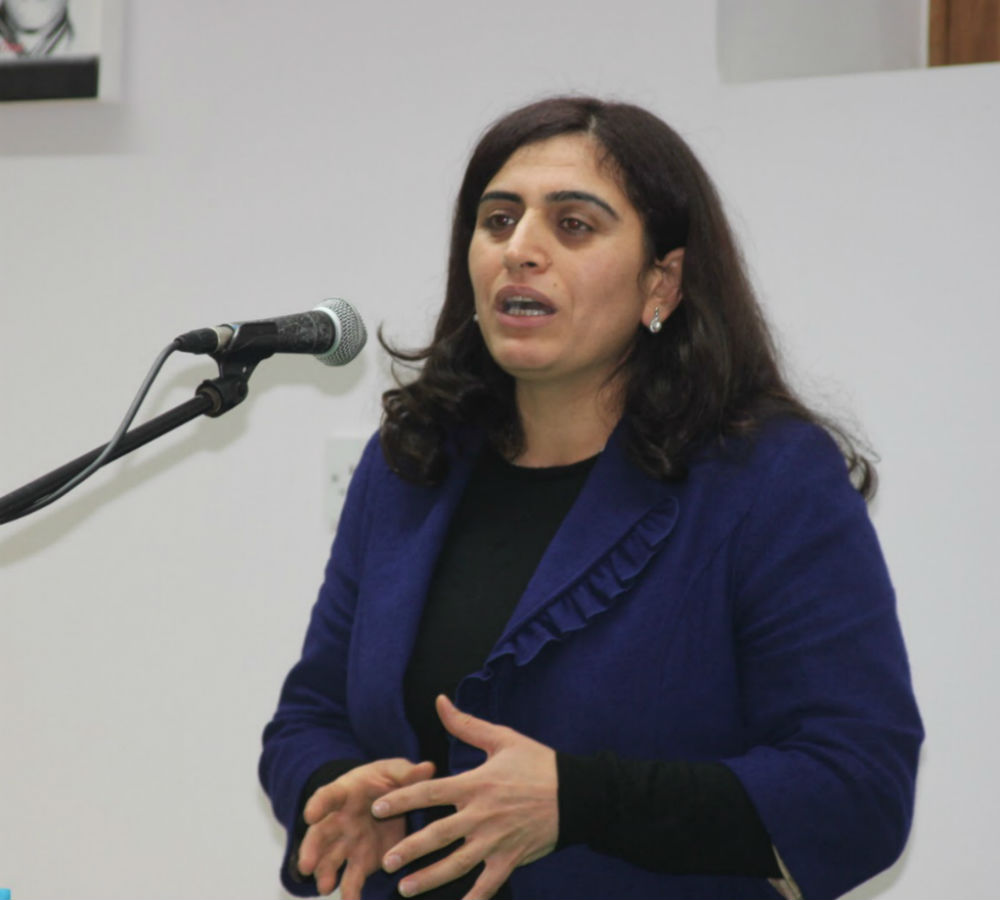A Turkish court has ordered Kurdish politician and former member of parliament Sebahat Tuncel to pay damages to a paramilitary organization with alleged ties to the country’s president due to a speech she made in 2016, the Stockholm Center for Freedom reported.
In a statement released on social media, SADAT International Defense Consultancy announced that Tuncel was to pay TL 50,000 ($1,800) in damages to the company over her remarks at a party meeting in 2016. She had alleged that 34 villagers detained by security forces in rural Diyarbakır were threatened with death by an armed unit.
“A crew of men with beards and Arabic tattoos on their arms bring gasoline and attempt to torch the villagers,” Tuncel had said. “They might have done it had the military officer allowed them to.” She went on to mention local rumors about the presence of a network named SADAT, asking authorities to clarify the allegations. The company launched litigation due to her comments.
In its statement on Tuesday SADAT said, “That Tuncel was slandering our company has been proven by this court ruling.”
Tuncel is behind bars as part of the “Kobane trial,” a prosecution that has led to the imprisonment of dozens of Kurdish politicians for allegedly instigating a series of protests in the predominantly Kurdish southeastern provinces in 2014, in reaction to clashes between Syrian Kurds and the Islamic State in Iraq and the Levant (ISIL).
SADAT recently won another libel case against former Kurdish MP Hüda Kaya, who had brought up allegations related to the company’s involvement in several domestic and international theaters, such as Turkey’s Kurdish-majority southeast, Syria, Afghanistan and Libya.
Turkey’s first domestic military consultancy firm, SADAT was established in 2012 by Adnan Tanrıverdi, a former aide to President Recep Tayyip Erdoğan, although Erdoğan has denied having ties to the company.
The company has attracted growing scrutiny over US allegations that it trains Syrians who then are deployed to support Turkey-backed forces in war zones such as Libya.



